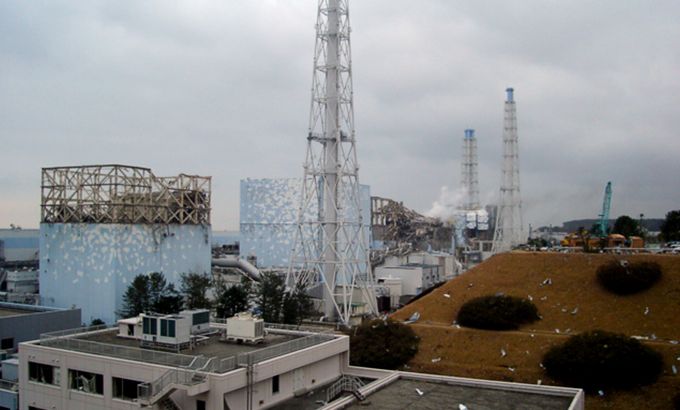Japan nuclear evacuation will be ‘long term’
Officials under pressure to extend evacuation zone around Fukushima atomic plant as radiation leaks continue.

Residents of evacuated areas near Japan’s stricken Fukushima nuclear plant have been warned that they may not be able to return to their homes for months as Japan’s nuclear crisis stretched into a third week.
The neighbourhoods near the plant will remain empty “for the long term”, Yukio Edano, the country’s chief cabinet secretary, said on Friday.
Keep reading
list of 4 itemsAfter the Hurricane
World’s coral reefs face global bleaching crisis
Why is Germany maintaining economic ties with China?
Though he did not set a timetable, he said residents would not be able to return permanently “in a matter of days or weeks. It will be longer than that”.
The Japanese government has been coming under pressure from many quarters to expand the evacuation zone, said Al Jazeera’s Wayne Hay, reporting from Yamagata.
Nuclear workers are struggling to regain control of the damaged plant, 240km north of the capital, Tokyo, with radiation in water in an underground tunnel more than 10,000 times above normal levels found in reactors, the plant operator told the Kyodo news agency on Thursday.
“Radiation levels are also being tested in the ocean, a few hundred metres from the plant, and have been found to be high,” our correspondent said.
“The latest is that they also tested some beef from 70km away from the power station – and that was above the legal limit. Still safe for human consumption, officials said, but still above the legal limit.”
Nuclear regulation
French president Nicolas Sarkozy called for global reform of nuclear regulation during a visit to Tokyo on Thursday.
He proposed a conference could be hosted by France, which relies on nuclear power to meet 75 per cent of its energy needs.
“We must look at this coldly so that such a catastrophe never occurs again,” he said.
Naoto Kan, Japan’s prime minister, welcomed the gesture of solidarity: “I told him a Japanese proverb: ‘a friend who comes on a rainy day is your true friend,’ and thanked him for coming to Japan from the bottom of my heart.”
Al Jazeera’s Marga Ortigas, reporting from Yamagata, said that Kan is soon expected to visit the disaster areas.
“He is scheduled to visit the city of Rikuzentakata in the Iwate Prefecture, which is the hardest hit area,” she said.
“However, he has been criticised by many for scheduling this trip too late.”
Economic impact
Officials also announced that Japan will take control of the embattled Tokyo Electric Power Company, the operator of the damaged Fukushima plant, in the face of mounting public concerns over the crisis and a potential compensation bill that Bank of America-Merrill Lynch estimated could run to $130bn.
 |
“If the stake goes over 50 per cent, it will be nationalised. But that’s not what we are considering,” an unnamed government official told Mainichi newspaper.
The injection of public funds “will allow the government to have a certain level of management involvement”, said the paper’s source.
The company, the largest electric power corporation in Asia, has been criticised over its release of information since the crisis began. But reports of the bail-out were not enough to stop its share price sliding 10 per cent in early trading.
In other sectors, Japan’s business confidence was reported by the Bank of Japan’s Tankan survey as being bolstered by improvements in production and overseas demand over the past several months. But analysts expect confidence to fall sharply as companies tally the economic costs of the disaster.
Japanese stocks are expected to draw support after the yen slipped to a fresh three-week low against the dollar, trading at 83.62 yen against the dollar on Friday morning.